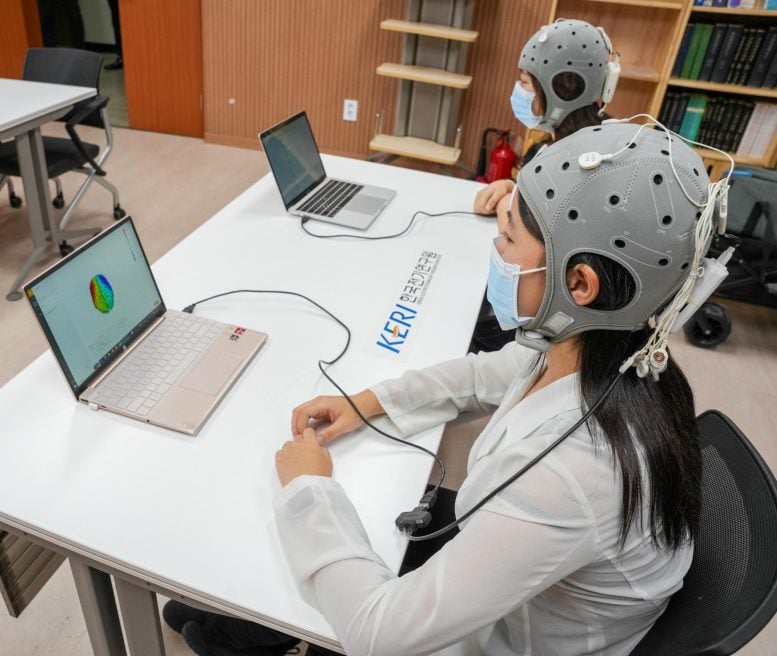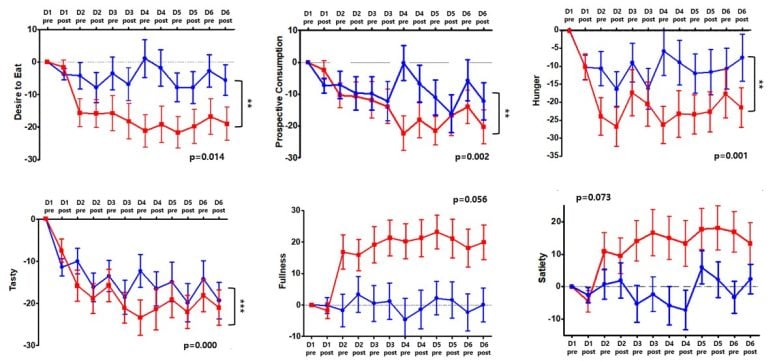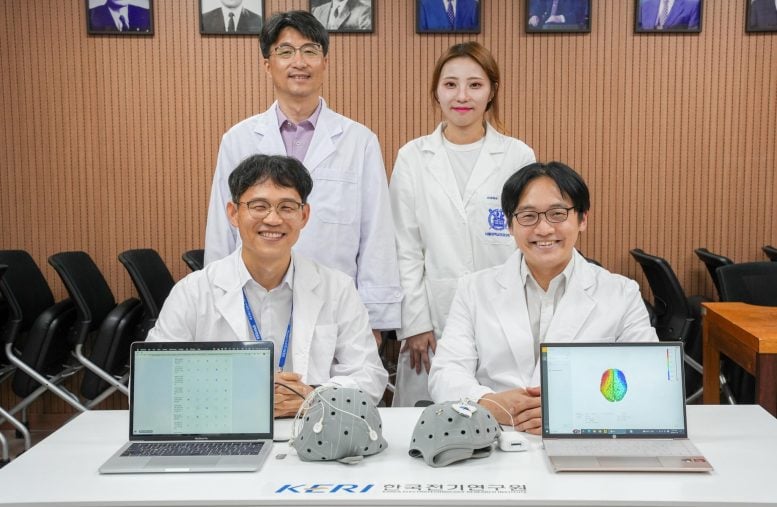Research led by Dr. Kiyoung Shin on the use of neuromodulation technology for appetite suppression in metabolic syndrome has shown promising clinical results. The technology aims to reduce side effects compared to conventional treatments and may soon enter the stage of further research and commercialization.
Metabolic syndrome is a complex condition of multiple metabolic disorders, including obesity, high blood pressure, and high triglycerides, and is often caused by unhealthy diet and lack of exercise. According to the World Health Organization (WHO), one in eight people in the world is overweight, and obesity treatment is currently one of the hottest markets. There are various types of obesity treatments, including drug injections and pharmaceuticals, but these chemical treatments often have side effects if continued for a long period of time.

Innovative treatment: Electrical stimulation
Now, a research team led by Dr. Ki-young Shin of the Human Care Electrical Medical Device Research Center, Electrical Medical Device Research Division at KERI, has proposed a new approach to suppress appetite by electrically stimulating the cerebral cortex through the scalp.
This electrical stimulation technique is officially called transcranial random noise stimulation (tRNS). After thorough research, the research team discovered that using tRNS technology to non-invasively stimulate the dorsolateral prefrontal cortex, a part of the frontal lobe that controls executive function, planning, flexibility, and abstract thinking, could suppress appetite.

Clinical trials and technology development
Such research requires three key techniques.
- A technology that can precisely deliver appropriate electrical stimulation to specific areas of interest
- Electrode technology that can penetrate the gaps between hair and make contact with the scalp
- A monitoring technique that can confirm whether electrical stimulation has reached the target area and caused a change in brain activity
All of these are currently being developed by Dr. Singh’s team, which has advanced technology.
KERI conducted a clinical trial in collaboration with Professor Hyung-jin Choi’s team at Seoul National University Hospital to demonstrate the clinical utility of tRNS stimulation using a commercially available electrical stimulation device. The clinical trial aimed to prove that tRNS stimulation effectively reduces appetite. Sixty female volunteers participated in the study, 30 in the tRNS group and 30 in the active sham group. The study lasted for two weeks and consisted of six electrical stimulation sessions spaced two to three days apart. The electrical stimulation used a nearly imperceptible current of 2 mA for 20 minutes per session.

Implications and future directions
Results showed that the tRNS treatment group experienced reduced appetite, food desire, and hunger compared to the placebo group. The clinical trial also showed that tRNS could help treat emotional eating, meaning there was a significant reduction in the tendency to eat to process or relieve emotions like stress, depression, anxiety, and pleasure. The trial was only conducted for two weeks, so long-term weight loss effects cannot be confirmed, but participants reported significant appetite suppression.
“The technology is not yet complete and further research and validation is required, but if this electrical stimulation therapy device, which has far fewer side effects than existing obesity treatments, is commercialized and can be used at home rather than in a hospital, it could provide an easy and simple method for everyday appetite suppression management,” said Dr. Shin.
“Many people eat due to emotional hunger, especially when they face stress or difficulties. If digital healthcare technology that combines electrical stimulation therapy and exercise therapy is introduced, it will improve weight loss effects and make personal health management more effective,” he added.
The research team plans to complete the first phase of the project (2022-2024) this year, and through follow-up studies, including the second phase of the project, they aim to academically and clinically validate the developed technology and promote technology transfer to companies.
